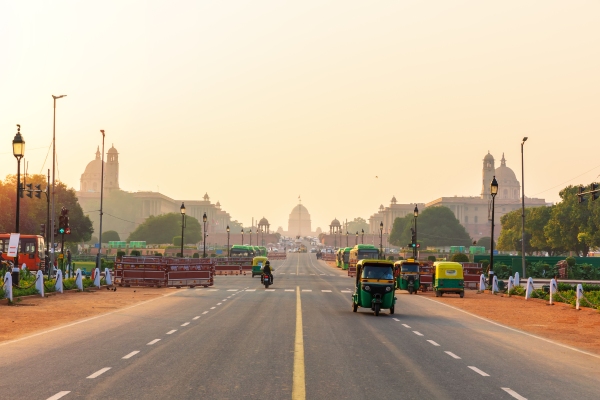India is proposing to create an appeals panel with the veto power to reverse content moderation decisions of social media firms, it said Monday evening, republishing the draft changes to the IT rules after quietly withdrawing it last week.
If enacted, it would be the first time globally that a nation creates an appeals panel of this kind. New Delhi, which is currently seeking public comments on the proposal with a 30-day deadline, said the new amendment “will not impact early stage or growth stage Indian companies or startups,” in a relief for local giants such as Dailyhunt, ShareChat and Koo.
India is the largest market of YouTube and Facebook by user count and a key overseas region for Twitter.
According to the current law, content moderation decisions by social media giants such as Facebook, YouTube and Twitter can only be appealed to a court. India’s Ministry of IT and Electronics said in a statement that proposed “new accountability standards” are aimed at ensuring that the “constitutional rights of Indian citizens are not contravened by any Big-tech Platform.”
“A number of intermediaries have acted in violation of constitutional rights of Indian citizens,” the ministry added.
The proposed amendments to the IT rules follows a remarkable few years for U.S. tech giants that have already been pushed to appoint and share contact details of grievance redressal officers to timely address on-ground concerns and coordinate with law enforcement officials.
“These rules have succeeded in creating a new sense of accountability amongst Intermediaries to their users especially within Big Tech platforms,” the ministry said.
Google, Twitter, Meta and many other firms already fully or partially comply with the IT rules, which came into effect last year.
The rules also require significant social media firms operating encrypted messaging services to devise a way to trace the originator of messages for special cases. Several firms, including Facebook’s WhatsApp and Signal, have not complied with this requirement. WhatsApp last year sued the Indian government over this requirement.
Twitter faced backlash from the government last year over its decision to not block some accounts and tweets that New Delhi deemed objectionable. The heat followed the company’s top executive vacating the position to pursue a different role within the firm.
New Delhi-based digital rights advocacy group Internet Freedom Foundation, which has expressed grave concerns about the IT rules, calling them “anti-democratic and unconstitutional,” said in a statement that the proposed changes “only perpetuates the already existing illegalities.”

